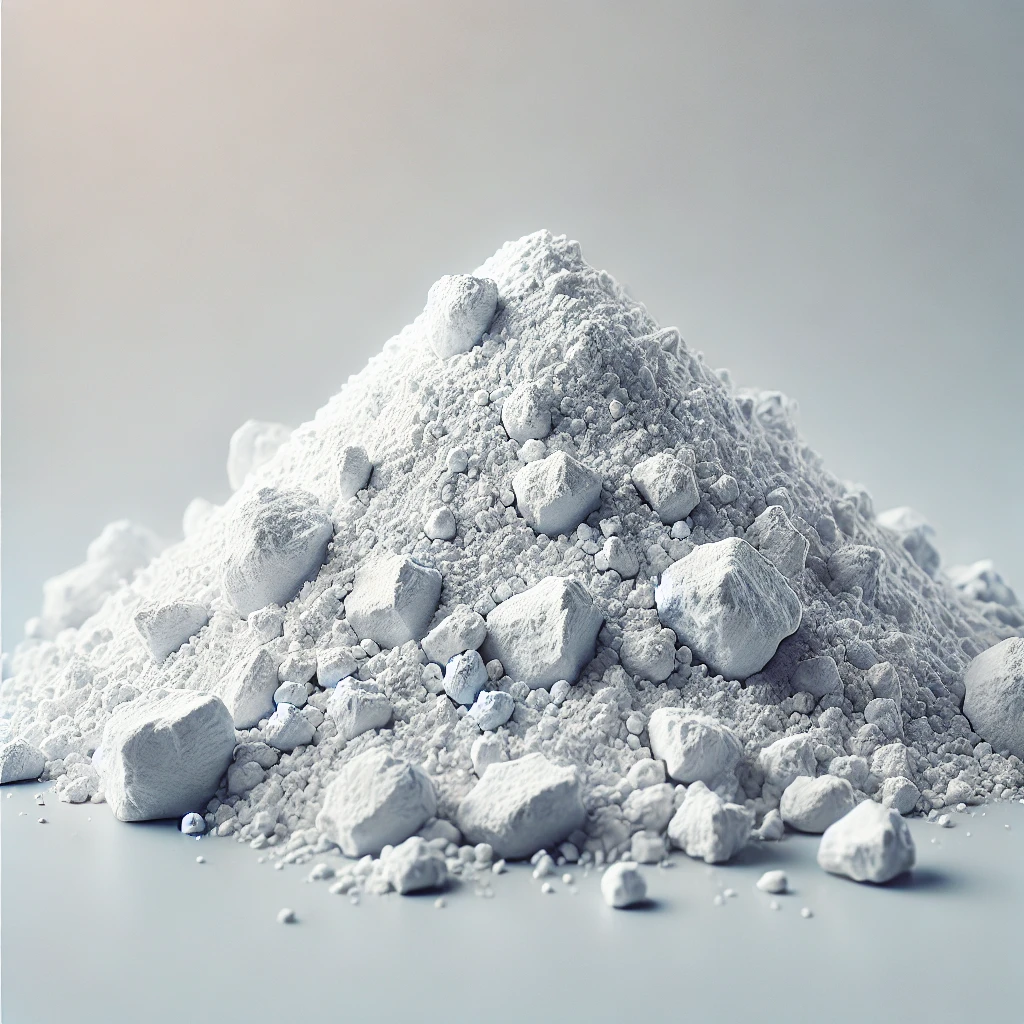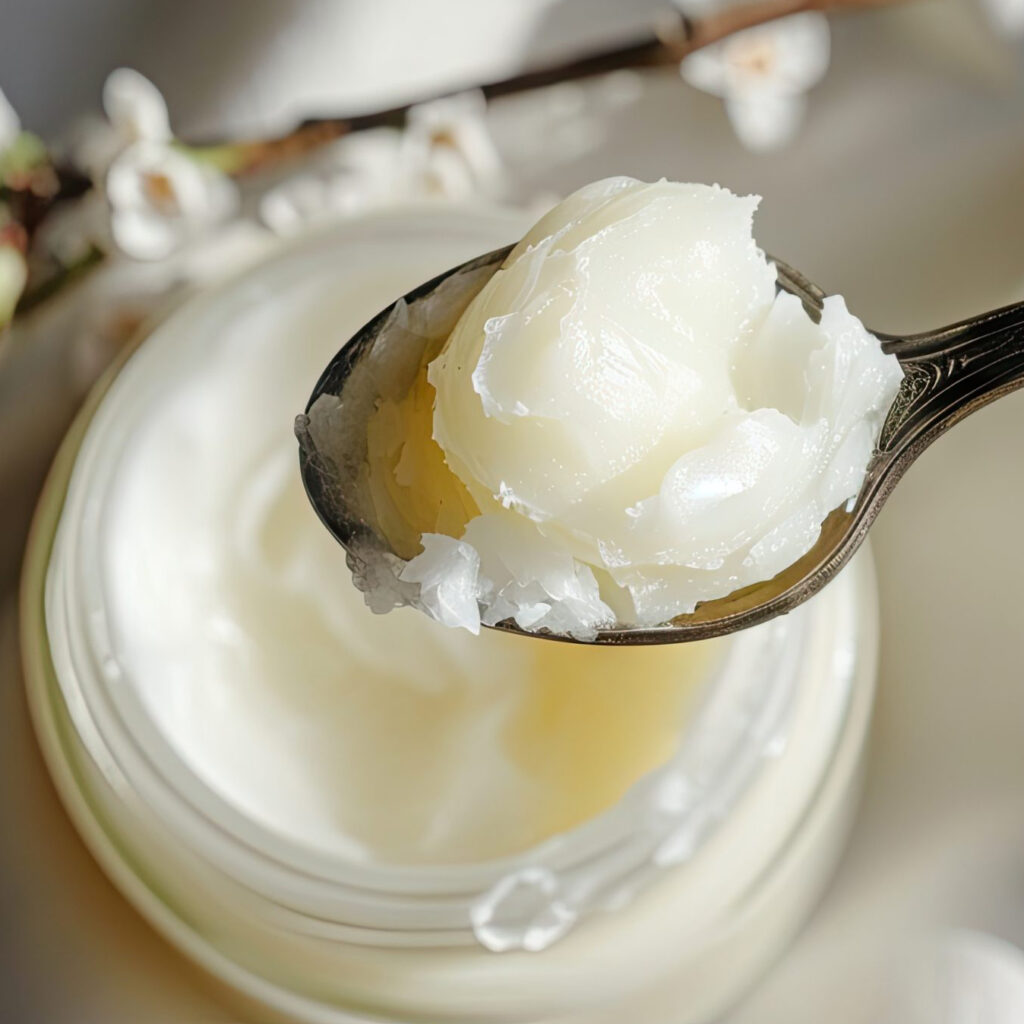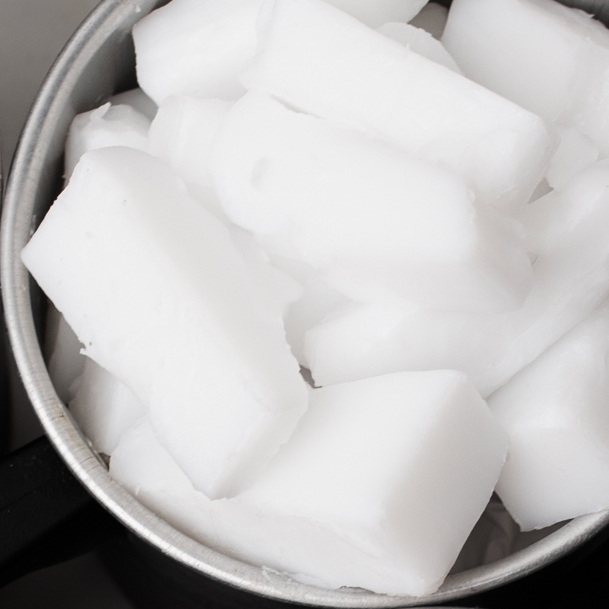Fluorine is a chemical element with the symbol “F” and atomic number “9”. It is the lightest halogen and exists as a highly reactive, pale yellow gas at room temperature. Fluorine is extremely electronegative and reactive, making it capable of forming compounds with almost every other element, including noble gases. Because of this, it is not found in its elemental form in nature but is always bound to other elements in minerals.
Key Characteristics:
– Symbol: F
– Atomic number: 9
– Atomic weight: 18.998 g/mol
– State at room temperature: Gas
– Color: Pale yellow
– Melting point: −219.67 °C (−363.41 °F)
– Boiling point: −188.12 °C (−306.62 °F)
– Electronegativity: 3.98 (the highest of all elements)
Occurrence:
Fluorine is most commonly found in the Earth’s crust in the form of fluorite (CaF₂), a mineral that has important industrial applications. Other naturally occurring fluorine compounds include cryolite (Na₃AlF₆) and fluorapatite [Ca₅(PO₄)₃F], a component of bone and tooth enamel.
Uses of Fluorine:
– Fluoride in water: Fluorine is commonly added to public water supplies in the form of fluoride to help reduce dental cavities.
– Toothpaste: Fluoride compounds are a key ingredient in toothpaste and mouthwashes to strengthen enamel and prevent decay.
– Teflon (PTFE): Fluorine is used in the production of polytetrafluoroethylene (PTFE), commonly known by the brand name “Teflon”, a non-stick coating for cookware and other applications.
– Refrigerants: Fluorine compounds like chlorofluorocarbons (CFCs) and hydrofluorocarbons (HFCs) have been used as refrigerants, though CFCs have been largely phased out due to their role in ozone depletion.
– Uranium enrichment: Fluorine is used in the production of uranium hexafluoride (UF₆), a compound essential in the uranium enrichment process for nuclear fuel.
– Pharmaceuticals: Some pharmaceuticals contain fluorine atoms to enhance drug stability and absorption.
Toxicity:
Fluorine gas is highly toxic and corrosive. Its compounds, such as hydrogen fluoride (HF), are also dangerous and can cause severe chemical burns. However, in small amounts, fluorides are beneficial to dental health.










